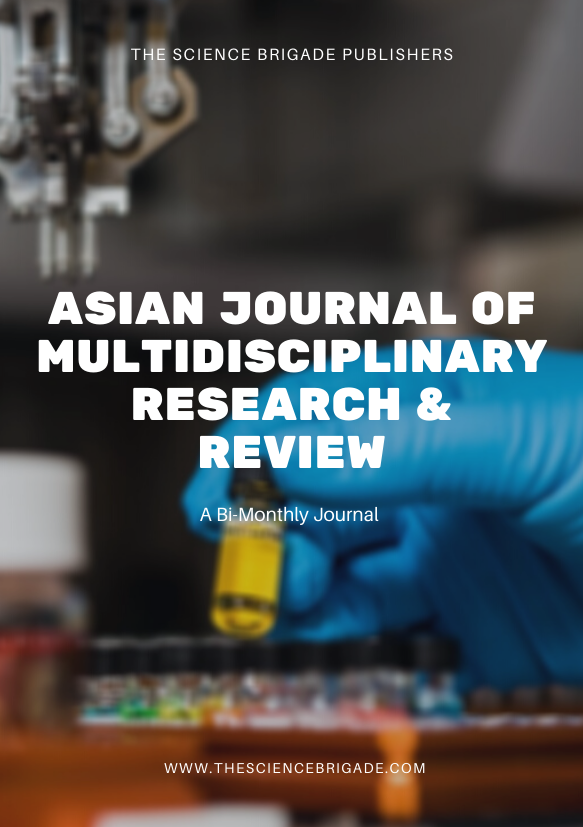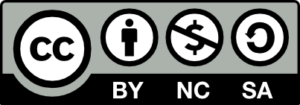The growth of modern education in Nagaland has been featured with an increase in the number of schools and enrollment alongside a health literacy rate. Such growth has catered to the growing educational needs in the state and thus, viewed with optimism. However, among the consequences of modern education in a tribal society, since the colonial period, an evident inequality was one of them. This inequality has aggravated with the turns of socio-political changes. It has taken various forms in present-day Nagaland marked with urbanized sections existing in parallel with ‘backward’ and underdeveloped areas, depicting a wide disparity. Such disparity is exacerbated by the existence of poor-performing government-run schools and a high number of better performing private schools. The presence of a poor performing government sector and a growing private sector in a highly disparate society, such as Nagaland, affects the affordability factor in education. Meanwhile, the location of the schools also determines the accessibility of the various sections of the population with regard to education. This paper, therefore, analyses the High School Leaving Certificate (HSLC) examination performance and related data from the Nagaland Board of School Education (NBSE) to present the existing educational inequalities and explore other educational gaps within the education system in Nagaland. It also delves into the aspect of accessibility of education for both the Government-run and Private schools throughout Nagaland.
Persisting Educational Inequalities In The Education System Of Nagaland
Publication Information
Journal Title: Asian Journal of Multidisciplinary Research & Review
Author(s): Dr. Videkhono Yhokha
Published On: 10/02/2022
Volume: 3
Issue: 1
First Page: 109
Last Page: 131
ISSN: 2582-8088
Publisher: The Law Brigade Publisher
Cite this Article
Dr. Videkhono Yhokha, Persisting Educational Inequalities In The Education System Of Nagaland, Volume 3 Issue 1, Asian Journal of Multidisciplinary Research & Review, 109-131, Published on 10/02/2022, Available at https://ajmrr.thelawbrigade.com/article/persisting-educational-inequalities-in-the-education-system-of-nagaland/
Abstract
Share this research
Latest Publications

License Information
Copyright © [hfe_current_year]
Dr. Videkhono Yhokha

Ownership and Licensing:
Authors of this research paper submitted to the Journal of Science & Technology retain the copyright of their work while granting the journal certain rights. Authors maintain ownership of the copyright and have granted the journal a right of first publication. Simultaneously, authors agreed to license their research papers under the Creative Commons Attribution-NonCommercial-ShareAlike 4.0 International (CC BY-NC-SA 4.0) License.
License Permissions:
Under the CC BY-NC-SA 4.0 License, others are permitted to share and adapt the work, as long as proper attribution is given to the authors and acknowledgement is made of the initial publication in the Journal of Science & Technology. This license allows for the broad dissemination and utilization of research papers.
Additional Distribution Arrangements:
Authors are free to enter into separate contractual arrangements for the non-exclusive distribution of the journal’s published version of the work. This may include posting the work to institutional repositories, publishing it in journals or books, or other forms of dissemination. In such cases, authors are requested to acknowledge the initial publication of the work in the Journal of Science & Technology.
Online Posting:
Authors are encouraged to share their work online, including in institutional repositories, disciplinary repositories, or on their personal websites. This permission applies both prior to and during the submission process to the Journal of Science & Technology. Online sharing enhances the visibility and accessibility of the research papers.
Responsibility and Liability:
Authors are responsible for ensuring that their research papers do not infringe upon the copyright, privacy, or other rights of any third party. The Journal of Science & Technology and The Science Brigade Publishers disclaim any liability or responsibility for any copyright infringement or violation of third-party rights in the research papers.




